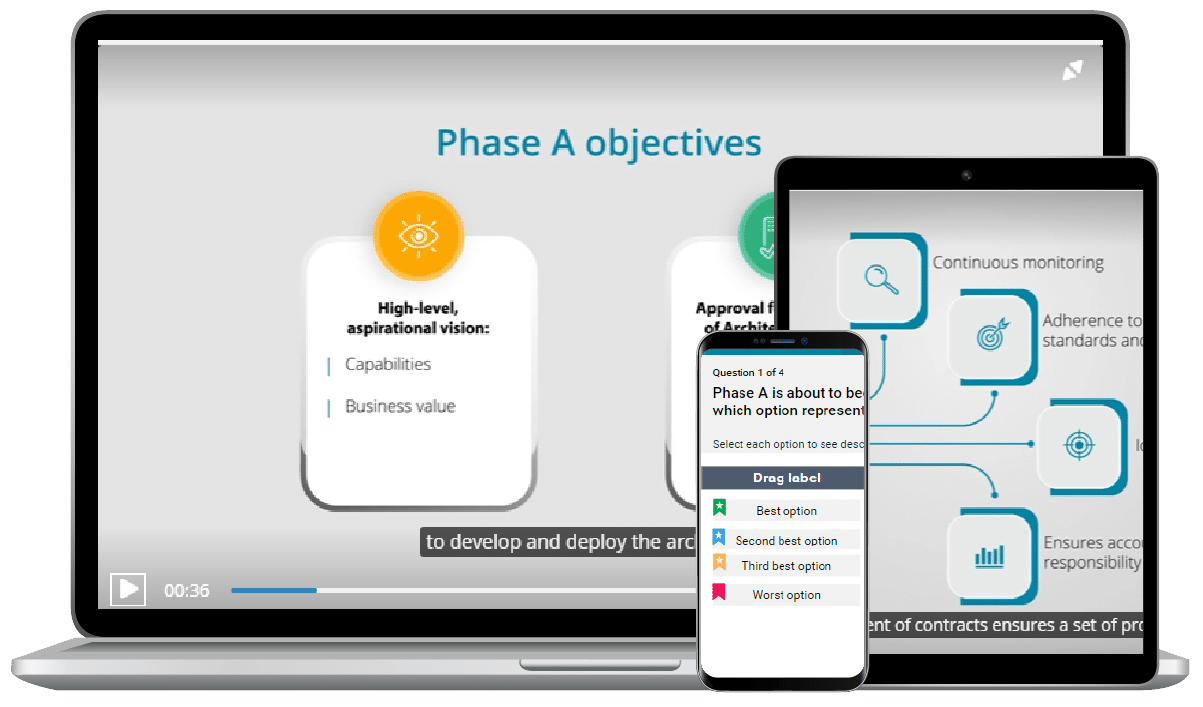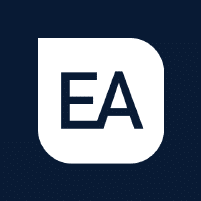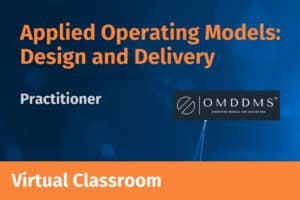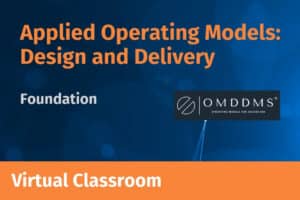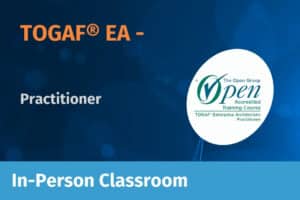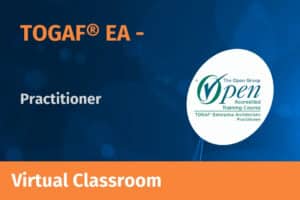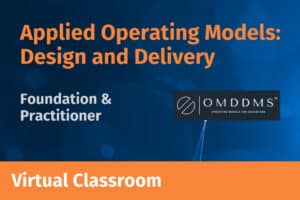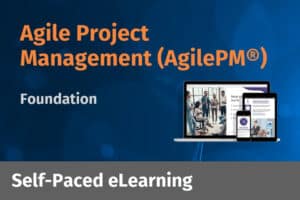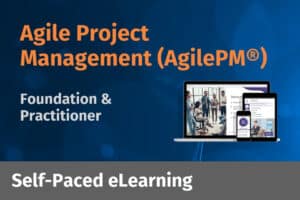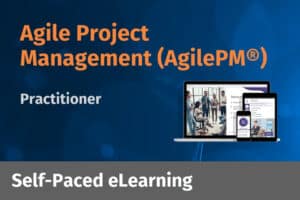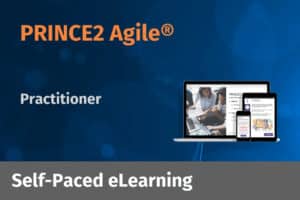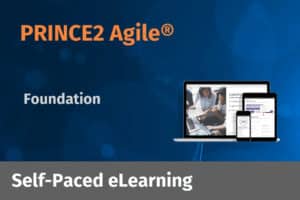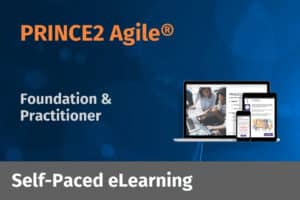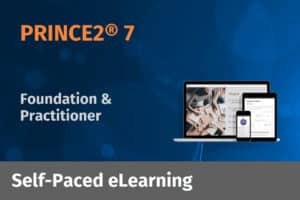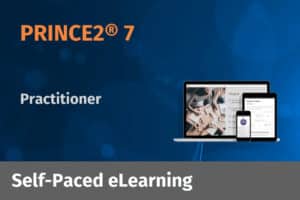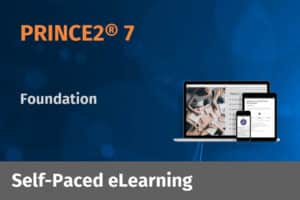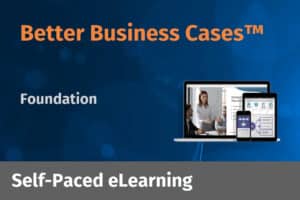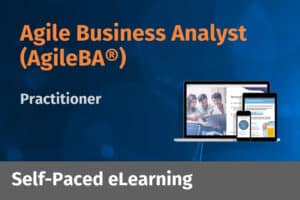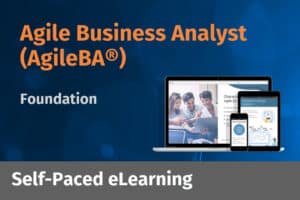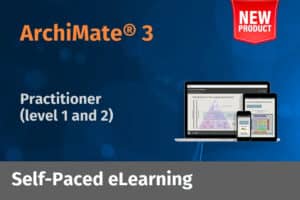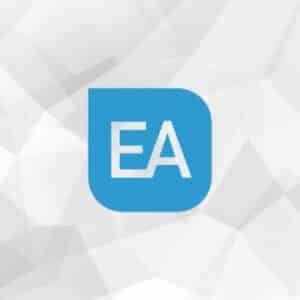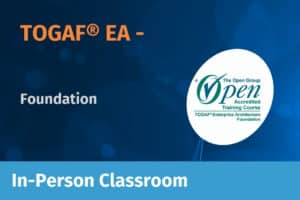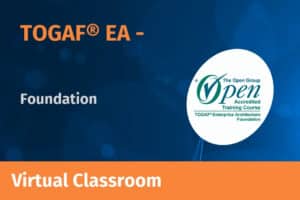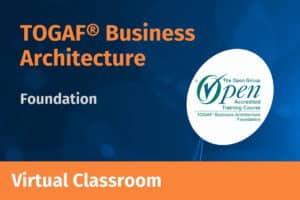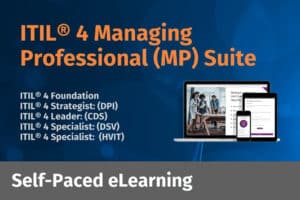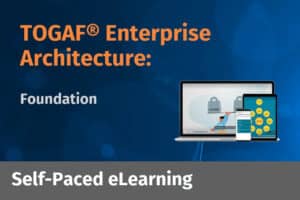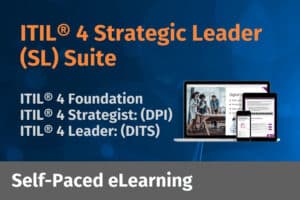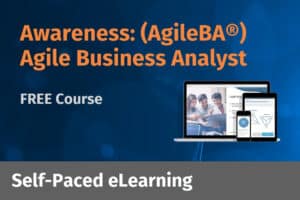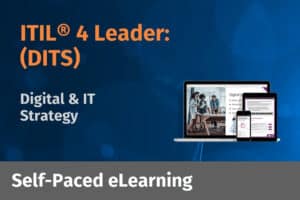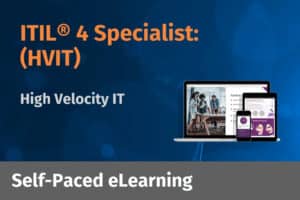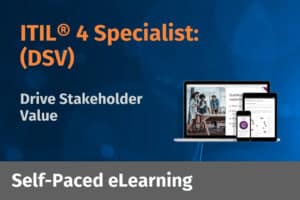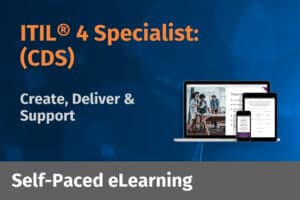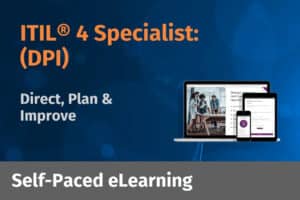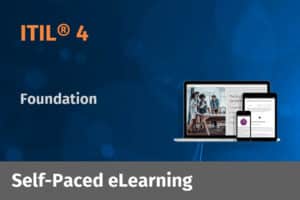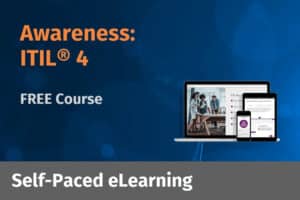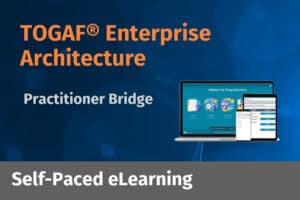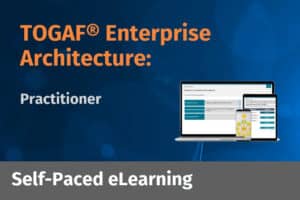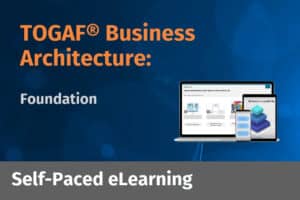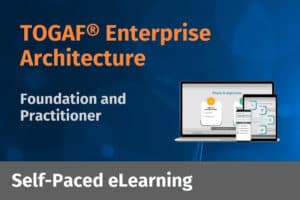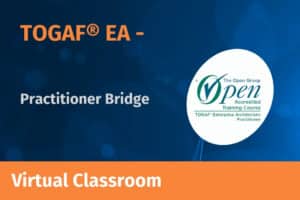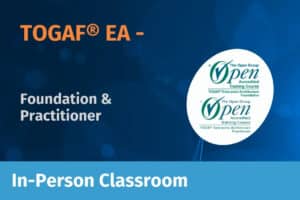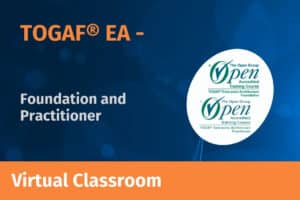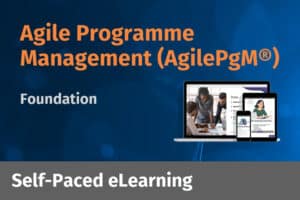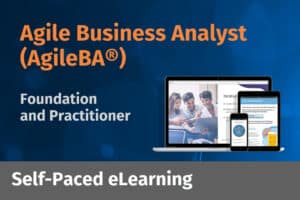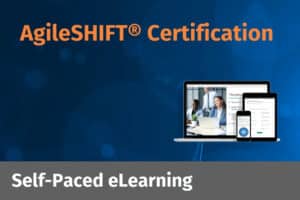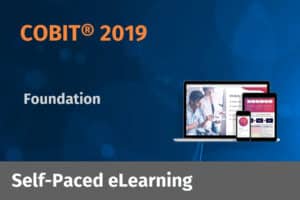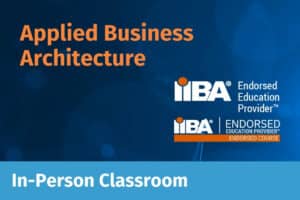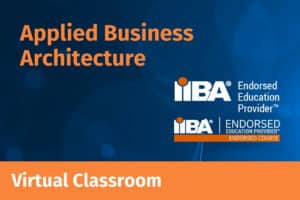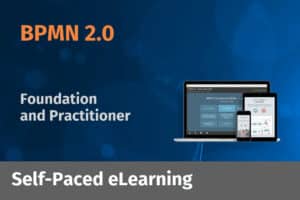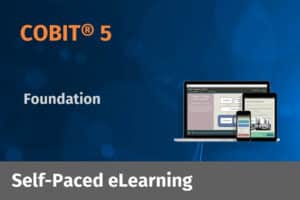Mark was really good at explaining things and providing resources to us. He gave breaks at intervals that made it not feel too overwhelming.
-
Enterprise & Business Architecture
- Applied Business Architecture
- TOGAF® Standard, 10th Edition
- TOGAF® EA – Foundation and Practitioner
- TOGAF® EA – Foundation
- TOGAF® EA – Practitioner
- TOGAF® EA – Practitioner Bridge
- TOGAF® Business Architecture Foundation
- TOGAF® 9
- TOGAF® 9 Certified (Level 1 & 2) – eLearning
- ArchiMate®
- ArchiMate® 3 Practitioner (Level 1 & 2)
- Applied Business Architecture
- TOGAF® Standard, 10th Edition
- TOGAF® EA – Foundation and Practitioner
- TOGAF® EA – Foundation
- TOGAF® EA – Practitioner
- TOGAF® EA – Practitioner Bridge
- TOGAF® Business Architecture Foundation
- TOGAF® 9
- TOGAF® 9 Certified (Level 1 & 2) – eLearning
- ArchiMate®
- ArchiMate® 3 Practitioner (Level 1 & 2)
Business Analysis & Operations
- Applied Operating Models: Design and Delivery
- Applied Operating Models: Design and Delivery – Foundation and Practitioner
- Applied Operating Models: Design and Delivery – Foundation
- Applied Operating Models: Design and Delivery – Practitioner
- BPMN 2.0 Foundation & Practitioner
- Agile Business Analyst (AgileBA®)
- Agile Business Analyst (AgileBA®) Foundation & Practitioner
- Agile Business Analyst (AgileBA®) Foundation
- Agile Business Analyst (AgileBA®) Practitioner
- Awareness: Agile Business Analyst (AgileBA®)
- Better Business Cases™ Foundation
- Applied Operating Models: Design and Delivery
- Applied Operating Models: Design and Delivery – Foundation and Practitioner
- Applied Operating Models: Design and Delivery – Foundation
- Applied Operating Models: Design and Delivery – Practitioner
- BPMN 2.0 Foundation & Practitioner
- Agile Business Analyst (AgileBA®)
- Agile Business Analyst (AgileBA®) Foundation & Practitioner
- Agile Business Analyst (AgileBA®) Foundation
- Agile Business Analyst (AgileBA®) Practitioner
- Awareness: Agile Business Analyst (AgileBA®)
- Better Business Cases™ Foundation
Business Transformation
- AgileSHIFT® Certification
- Agile Programme Management (AgilePgM®) Foundation
- Agile Project Management (AgilePM®)
- Agile Project Management (AgilePM®) Foundation & Practitioner
- Agile Project Management (AgilePM®) Foundation
- Agile Project Management (AgilePM®) Practitioner
- PRINCE2®
- PRINCE2® 7 Foundation & Practitioner
- PRINCE2® 7 Foundation
- PRINCE2® 7 Practitioner
- PRINCE2 Agile®
- PRINCE2 Agile® Foundation & Practitioner
- PRINCE2 Agile® Foundation
- PRINCE2 Agile® Practitioner
- AgileSHIFT® Certification
- Agile Programme Management (AgilePgM®) Foundation
- Agile Project Management (AgilePM®)
- Agile Project Management (AgilePM®) Foundation & Practitioner
- Agile Project Management (AgilePM®) Foundation
- Agile Project Management (AgilePM®) Practitioner
- PRINCE2®
- PRINCE2® 7 Foundation & Practitioner
- PRINCE2® 7 Foundation
- PRINCE2® 7 Practitioner
- PRINCE2 Agile®
- PRINCE2 Agile® Foundation & Practitioner
- PRINCE2 Agile® Foundation
- PRINCE2 Agile® Practitioner
Management & Governance
- Management of Risk (MoR®)
- Management of Risk (MoR®) Foundation & Practitioner
- Management of Risk (MoR®) Foundation
- Management of Risk (MoR®) Practitioner
- ITIL® 4
- Awareness: ITIL® 4
- ITIL® 4 Foundation
- ITIL® 4 Leader: Digital & IT Strategy (DITS)
- ITIL® 4 Specialist: Create, Deliver & Support (CDS)
- ITIL® 4 Specialist: Drive Stakeholder Value (DSV)
- ITIL® 4 Specialist: High Velocity IT (HVIT)
- ITIL® 4 Strategist: Direct, Plan & Improve (DPI)
- COBIT®
- COBIT® 2019 Foundation
- COBIT® 5 Foundation
- Management of Risk (MoR®)
- Management of Risk (MoR®) Foundation & Practitioner
- Management of Risk (MoR®) Foundation
- Management of Risk (MoR®) Practitioner
- ITIL® 4
- Awareness: ITIL® 4
- ITIL® 4 Foundation
- ITIL® 4 Leader: Digital & IT Strategy (DITS)
- ITIL® 4 Specialist: Create, Deliver & Support (CDS)
- ITIL® 4 Specialist: Drive Stakeholder Value (DSV)
- ITIL® 4 Specialist: High Velocity IT (HVIT)
- ITIL® 4 Strategist: Direct, Plan & Improve (DPI)
- COBIT®
- COBIT® 2019 Foundation
- COBIT® 5 Foundation
BUNDLES
-
ABOUT

